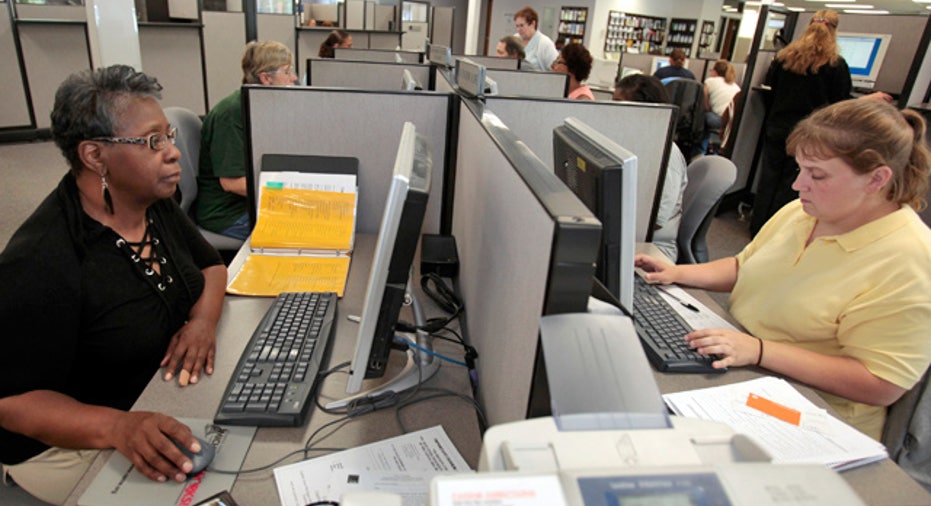Should You Hire a Workaholic?

Everyone appreciates a go-getter in the office. Someone that will hit the ground running and do whatever it takes to get the job done may seem like an asset, especially in a small business.
However, workaholics may actually do more harm than good for your company, experts warn. And, employers don't always recognize when their star workers are starting to lose steam.
Polly Wright, senior consultant for HR Consults, said business owners often get too comfortable with those who are willing to go the extra mile time and again.
"They don't realize these [workers] are burning out," Wright said. "They need to shift into a more strategic outlook and think about how they can get their business to the next level and be able to afford the next person, not just taking advantage of the workaholic."
These dedicated employees are willing to put up with a lot, so it may not always be apparent to employers that they are burning the candle at both ends, Wright said. Instead, employers often put in more time, effort and training with these trusted workers, only to lose that investment.
"[Workaholics] may leave in a rush, and take all of that learning knowledge with them," she said. "Then you are stuck as the business owner thinking, 'What can I do now? I put everything into this person and they left me.'"
Instead of simply heading right to your trusty workaholic, Wright said to spread the knowledge and training around—your business will be stronger for it.
As research professor Brené Brown wrote in this week's Washington Post, sometimes being a perfectionist at work truly takes its toll on an employee's family life.
"This emotional armor we bring to work is heavy, and the weaponry takes a long time to assemble, so when we get home in the evenings, we don’t put it away," Brown said in the column "A love note to the workaholic.""It’s too much trouble and, frankly, it’s too risky. Home can also be a place where performing and perfecting are expected. With everyone’s vulnerability shielded, our families are together, but we really don’t see one another."
When an employee's home life is being impacted due to over-committing in his or her career, that can also harm your business, Wright said.
"When you hear rumblings about the [employee's] spouse or family not being happy, or them not taking a vacation in a long time, physical weight loss or tiredness, these are all symptoms that people are getting to their breaking point," she said.
Workers should speak up and be themselves—take vacations and breaks, and let their employers know when they have had enough.
"There's a difference between someone who has work ethic, and will put in long hours to finish a project, but go have some fun afterwards, and a workaholic, who would choose a conference over taking a vacation," Wright said.
It’s often up to the employer to take note of these things, which can be difficult, especially if he or she is a workaholic as well.
"Small business owners that are workaholics themselves, they have the hardest time recognizing that they're taking advantage of someone," Wright said. "Other business owners that want to have their employees to have a work-life balance are keener to it."
It can be helpful to be a workaholic yourself, especially when getting a business up and running, she said. But it's important to take a step back and examine your own commitment and time spent working as well, she said.
"It's the reality of what it takes to get a business off the ground sometimes," Wright said of over-working. "But the downside is the feeling that you can run very lean for a long time, because it's not going to work. If you have those expectations, and expect your staff to work 80 hours a week, you'll [all] burn out really quick."



















